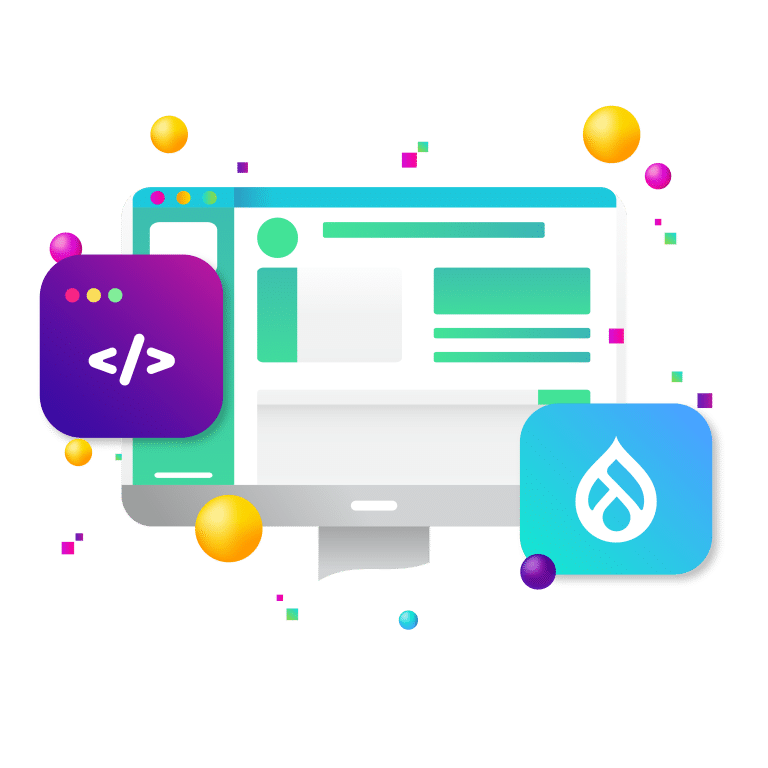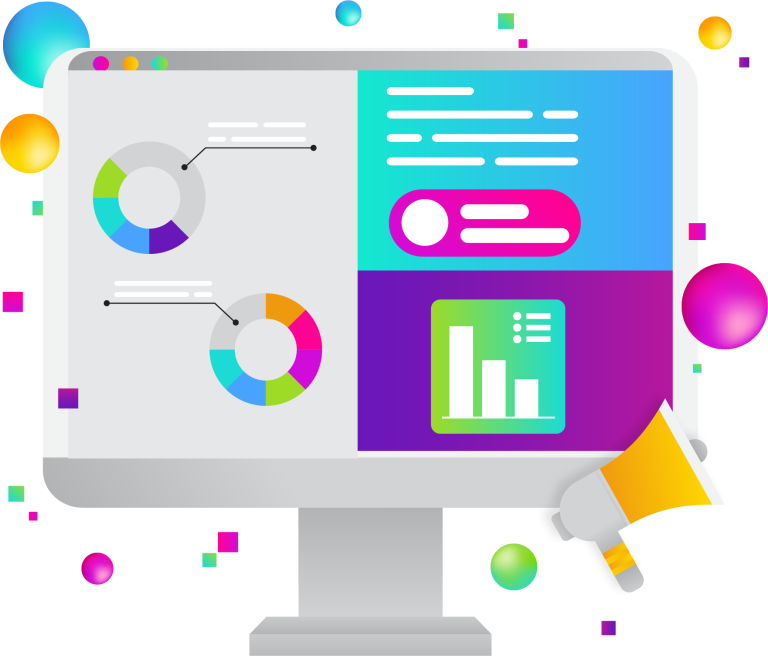As artificial intelligence (AI) continues to advance at an astonishing pace, the question of whether AI will replace programmers has become a topic of intense debate and speculation. With AI systems demonstrating their ability to automate an increasing number of tasks from data analysis to software development itself, concerns have arisen about the future role of human programmers in the ever-evolving tech landscape. In this article, we delve into the potential impact of AI on the programming profession, exploring the current state of AI in software development, the advantages and limitations of AI-driven coding, and ultimately, the complex relationship between AI and human programmers in the years to come.

What Is AI?
Artificial Intelligence is a groundbreaking and rapidly evolving field of computer science that aims to create intelligent machines capable of emulating human-like cognitive processes. It revolves around developing algorithms and models that enable computers to perceive, learn, reason, and make decisions, much like human beings. AI encompasses a broad range of applications from simple tasks like speech recognition and recommendation systems to more complex endeavors such as autonomous vehicles and medical diagnosis. By mimicking human intelligence, AI holds the promise of revolutionizing various industries and transforming the way we live, work, and interact with technology.
How Artificial Intelligence Helps Programmers
Artificial intelligence can be a valuable tool for programmers in various ways. It can help reduce bug errors and improve productivity. Below are some ways that AI that can assist programmers:
Program Writing Assistance with Chat GPT
ChatGPT serves as a valuable programming assistant, aiding developers in various tasks. One primary usage is providing real-time code suggestions while programmers write Python code. By predicting the subsequent words or symbols, ChatGPT streamlines the coding process which saves time and minimizes syntax errors.
Moreover, ChatGPT proves helpful in debugging scenarios. When programmers encounter code errors, they can describe the issue to ChatGPT, which responds with potential solutions or insights into the root causes. This might include suggestions to check syntax, structure, or libraries used.
Another advantage lies in using ChatGPT to accelerate coding in unfamiliar languages. It assists programmers in understanding foreign code syntax and structure while suggesting potential translations or alternative coding approaches.
Utilizing ChatGPT in programming can enhance productivity significantly. However, it’s crucial to exercise caution, as accuracy may not always be guaranteed. Therefore, combining ChatGPT with personal diligence and expertise ensures optimal results when leveraging this powerful tool.
Bug Fixing with DeepCode
Flaws in software often surface only after deployment, which is a common occurrence due to manufacturers’ pressure to outpace competitors and enter the market swiftly. Consequently, it is rare to find programs devoid of exploitable vulnerabilities.
To address this challenge, artificial intelligence and machine learning (ML) algorithms offer valuable assistance. They empower computers to examine programs for errors and rectify them prior to deployment. One prominent example of an AI-powered debugging tool is DeepCode, which leverages machine learning to analyze code comprehensively and detect potential errors.
DeepCode exhibits versatility, as it can scrutinize code across various programming languages and identify different types of errors, such as syntax errors, logic errors, and performance issues. By leveraging this tool, developers receive error-fixing suggestions along with explanations to enhance their debugging capabilities.
Accurate Project Delivery Estimation with Functionize
Software development projects often struggle to adhere to the predetermined timelines and budgets established before their initiation. Nevertheless, advancements in AI have led to the creation of project estimation tools like Functionize, which prove valuable in forecasting the necessary time and resources for new endeavors. By analyzing data from past projects and employing machine learning algorithms, Functionize can reliably predict the duration of a new project.
The tool takes into consideration a diverse array of factors including project complexity, the expertise and experience of the development team, and the available resources. This holistic approach significantly enhances the accuracy of project delivery estimates, providing more reliable projections for successful project planning and execution.
Natural Language Processing
AI plays a crucial role in assisting programmers to comprehend and collaborate with natural language, facilitated by the field of Natural Language Processing (NLP) within the realm of AI.
NLP empowers computers to grasp and scrutinize natural language, opening avenues to educate AI systems in the art of coding.
For instance, NLP finds applications in the creation of chatbots and virtual assistants capable of interacting with users using natural language. This proves especially beneficial for businesses aiming to offer customer service and support through chatbots, as it leads to reduced response times and improved customer satisfaction.
Moreover, NLP’s capabilities extend to performing sentiment analysis on text data, which involves identifying the emotions or sentiments conveyed in a piece of text. This particular application can prove valuable for programmers seeking to analyze customer feedback, social media posts, or other textual data to gain valuable insights into customer opinions and preferences.
Code Optimization with AI Code Mentor
Embark on a smarter coding journey today with the ultimate AI-based explainer tool designed for optimizing, refactoring, and reviewing code!
AI models excel in recognizing opportunities for code enhancement to boost efficiency. By thoroughly analyzing code for performance and complexity, programmers gain invaluable insights to craft more effective and streamlined solutions.
The outcome is accelerated development and elevated software performance, culminating in faster delivery and superior results.
Beyond optimization, AI-powered code analysis enhances software reliability and security. Programmers receive valuable guidance on improving code quality, thereby mitigating the risk of errors and security breaches. The AI diligently scans code for potential issues and vulnerabilities, ensuring a robust and safeguarded software ecosystem.
Will AI Replace Programmers?
AI has not replaced programmers, and it is unlikely to do so in the foreseeable future. While AI has made significant advancements in automating certain aspects of software development and programming, there are several reasons why complete replacement is improbable:
Programming involves creative problem-solving, critical thinking, and design decisions that often go beyond the capabilities of current AI systems. While AI can assist with repetitive and well-defined tasks, it struggles with more complex and ambiguous challenges.
AI lacks human creativity and intuition, which are crucial for innovation and pushing the boundaries of technology. Developers bring unique perspectives and domain expertise that AI cannot replicate.
The more likely scenario is human-AI collaboration, where AI tools and systems complement programmers’ skills, enhance productivity, and assist in various development tasks. AI can automate mundane tasks, perform code suggestions, and improve code quality, freeing up developers to focus on higher-level tasks.
AI is a powerful tool that will continue to play an essential role in assisting and augmenting programmers’ capabilities. While it will automate certain aspects of programming, it is unlikely to replace the creativity, expertise, and ingenuity that human programmers bring to the table. The future is likely to involve a harmonious collaboration between AI and programmers, with each leveraging the strengths of the other to drive technological advancements.
Get help with your development projects from the New Target team who is well versed at using AI for a wide variety of functions from content creation to branding to ecommerce and certainly development where they commonly use AI to fine-tune code for development and for identifying bugs in code.



